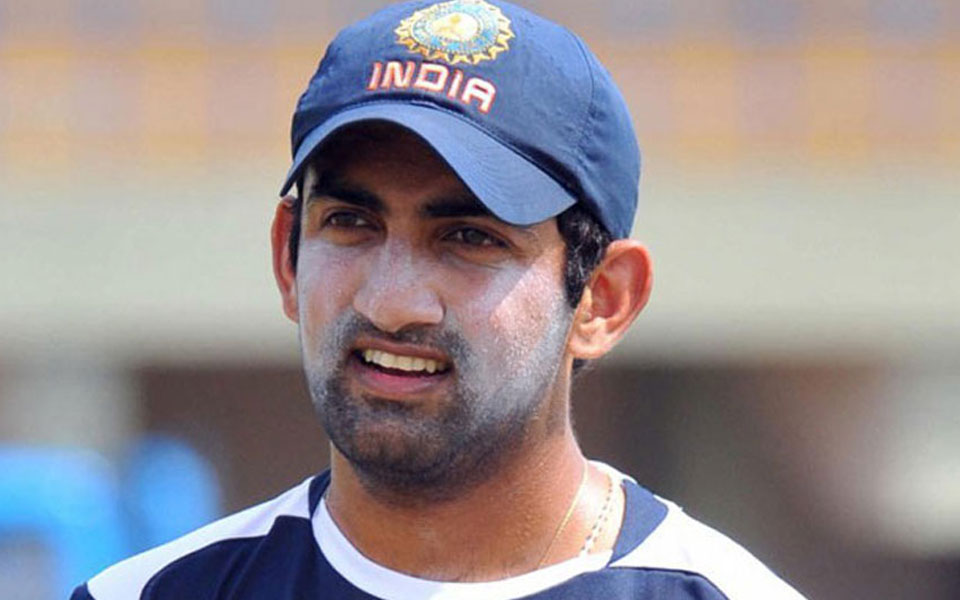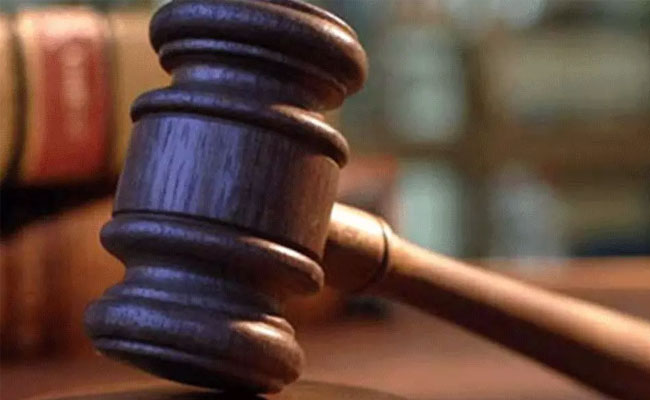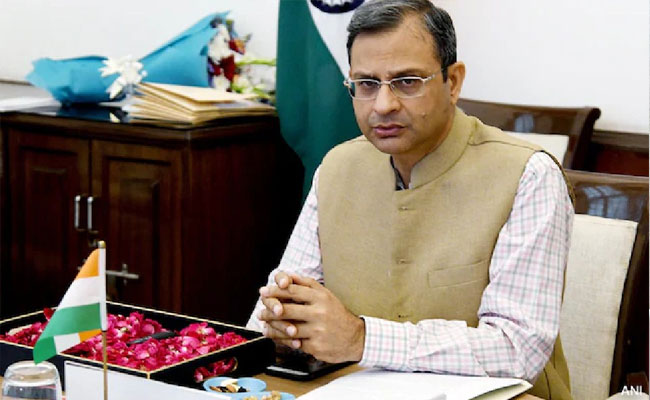New Delhi : Veteran Indian opening batsman Gautam Gambhir is set to contest in the next general elections from Delhi on a ticket from the Bharatiya Janata Party (BJP), according to reports. BJP is eager to have Gambhir on board for the elections, as per a report in national daily – Dainik Jagaran.
The ruling party in the state is Aam Aadmi Party (AAP) at the moment. The BJP hasn’t been able to come to power in Delhi for several years.
If Gambhir joins the BJP, he will follow cricketers Mohammad Azharuddin and Navjot Singh Sindhu in the political field.
Apart from achieving great heights on the cricket field, Gambhir has worked for public welfare as well. He has made several donations for the benefit of the Indian Army.
Gambhir, who played his last Test match against England in 2016, has scored 4,154 in 58 Tests and 5,238 runs in 147 ODIs. The Delhi batsman scored 97 runs in the 2011 World Cup final against Sri Lanka and 75 in the World T20 final against Pakistan in 2007. India won both the titles under the captaincy of MS Dhoni.
Gambhir has been a successful captain in the Indian Premier League, leading the Kolkata Knight Riders to two titles in 2012 and 2014.
courtesy : thequint.com
Let the Truth be known. If you read VB and like VB, please be a VB Supporter and Help us deliver the Truth to one and all.
Amritsar (PTI): Former president Ram Nath Kovind on Friday said that with digital transformation, economic reforms and a strong focus on the ease of doing business, India is moving towards becoming a global economic powerhouse.
He was speaking after inaugurating the 19th edition of the Punjab International Trade Expo (PITEX) in Amritsar.
The former president said that this 19th edition of PITEX is being organised at a time when India is recognised as one of the fastest-growing large economies in the world.
Speaking at the inaugural ceremony of the event organised by the PHD Chamber of Commerce and Industry (PHDCCI) the former president, while referring to Punjab, said the state is a living example of courage, sacrifice and enterprise.
"The spiritual light of Sri Harmandir Sahib (Golden Temple) inspires peace and humanity across the world. The heritage of Punjab is deep and inspiring," Kovind said, according to a statement issued by the PITEX.
The former president congratulated the PHDCCI for hosting the 19th edition of PITEX and suggested that the chamber should expand PITEX outside Punjab.
He proposed that a similar event should also be held in New Delhi.


_vb_69.jpeg)


